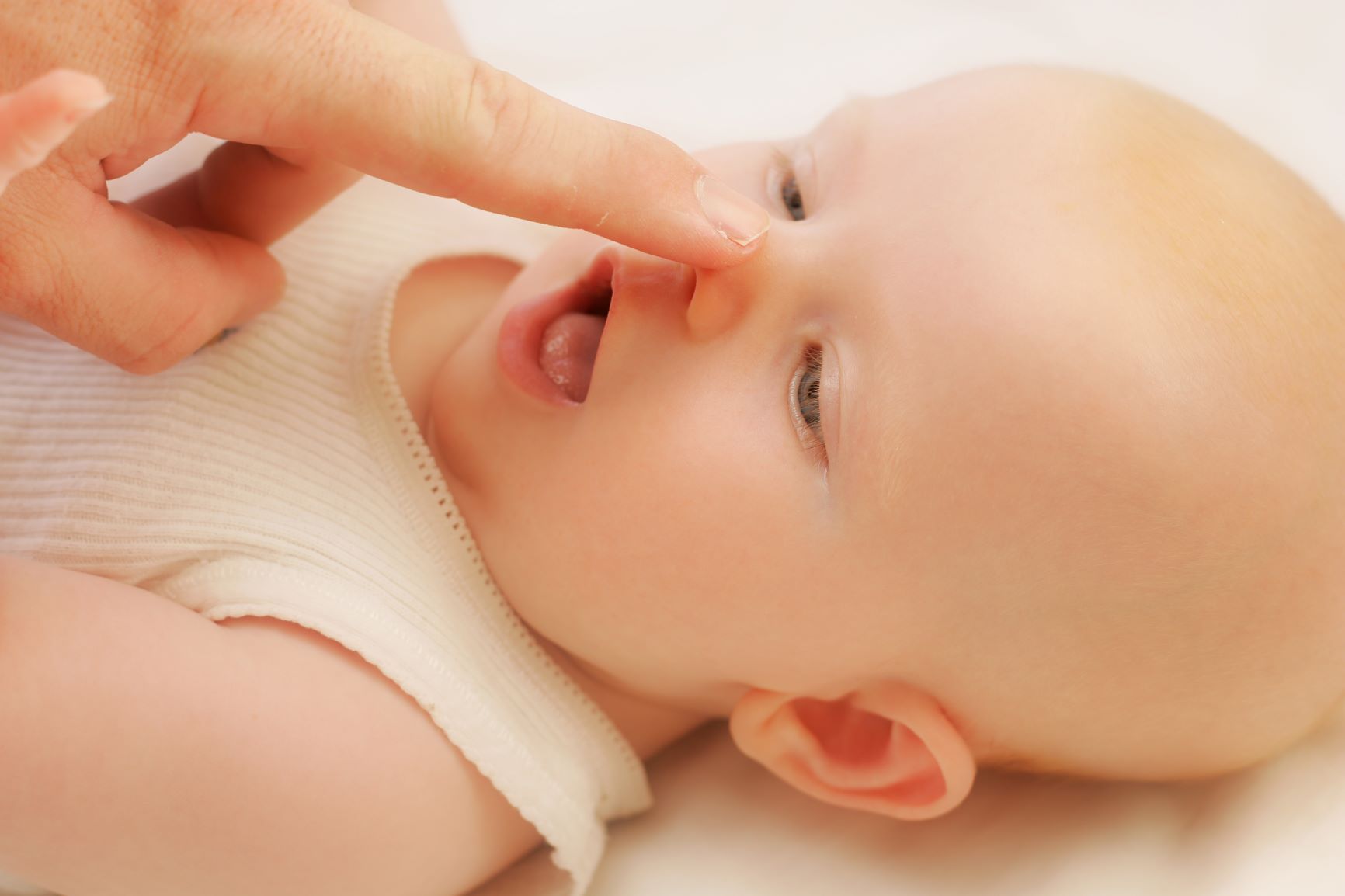Search
Showing results for "Au"
Research
The Prevalence of HIV Infection in Minority Indigenous Populations of the South-East Asia and Western Pacific Regions: A Systematic Review and Meta-analysisA random effects meta-analysis was used to estimate the pooled prevalence of HIV infection within minority indigenous populations of the South-East Asia (SEAR) and Western Pacific Regions (WPR). Sub-group analyses were conducted, and the sources of heterogeneity explored through meta-regression. The majority of studies were undertaken in high HIV risk subpopulations.
Research
Leisure participation for school-aged children with Down syndromeLeisure participation for school-aged children with Down syndrome.
Research
Family Functioning in Families with a Child with Down syndrome: A Mixed Methods ApproachFamily Functioning in Families with a Child with Down syndrome: A Mixed Methods Approach...
Research
Meta-analysis of genome-wide association studies identifies ten loci influencing allergic sensitizationAllergen-specific immunoglobulin E (present in allergic sensitization) has a central role in the pathogenesis of allergic disease.
Research
Comorbidities of Attention Deficit Hyperactivity Disorder: Pregnancy Risk Factors and Parent Mental HealthOur study examined the risk of maternal smoking and alcohol consumption in pregnancy associated with child comorbidity in a community sample of children...
Research
Fusionfinder: A software tool to identify expressed gene fusion candidates from RNA-seq dataThe hallmarks of many haematological malignancies and solid tumours are chromosomal translocations, which may lead to gene fusions.
Research
Identification of Der p 23, a peritrophin-like protein, as a new major dermatophagoides pteronyssinus allergenThe house dust mite (HDM) Dermatophagoides pteronyssinus is one of most important allergen sources and a major elicitor of allergic asthma.


ORIGINS is collecting physiological, biological and clinical data from the mother, partner/father and child at numerous points to track development and change.

Investigating the possible contributors to childhood lung disease by studying the epithelial cells from the nose at birth.
